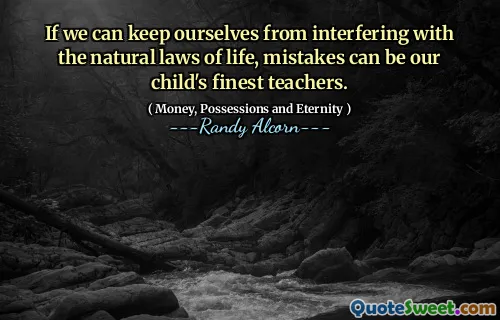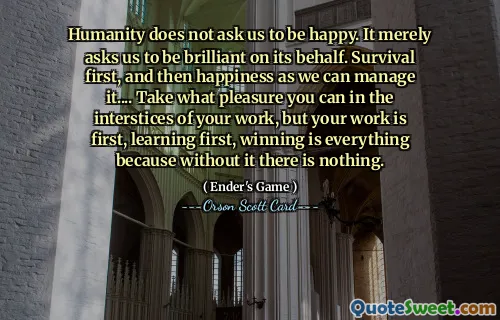
If you don't have anything good to say to yourself, don't say anything at all
This quote by Eric Nwachukwu highlights the vital importance of self-talk and the way we engage with ourselves mentally and emotionally. Often, we are our own harshest critics, inundating ourselves with negativity, doubt, and discouragement. This internal dialogue can have far-reaching consequences on our self-esteem, motivation, and overall mental health. By emphasizing the idea that if we don't have anything good to say to ourselves, it might be better to remain silent, the quote encourages a practice of kindness and compassion inwardly. It challenges the notion that self-criticism is necessary or productive and, instead, promotes the idea of nurturing a supportive internal environment.
Moreover, this perspective encourages mindfulness regarding the words we use internally. Just as we are careful in the things we say to others, it reminds us to be equally, if not more, discerning about our self-communication. Negative self-talk can shape our reality by limiting our perception of what is possible or valuable about ourselves. Conversely, positive or neutral self-talk can open pathways to growth, healing, and confidence.
In essence, this quote advocates not for ignoring personal flaws or challenges but for reframing how we address them within our minds. Sometimes, silence allows us the space to observe our thoughts without perpetuating negativity, allowing time to heal and regain a balanced perspective. It is a call for gentleness and patience with oneself—a crucial practice in personal development and emotional wellbeing.









